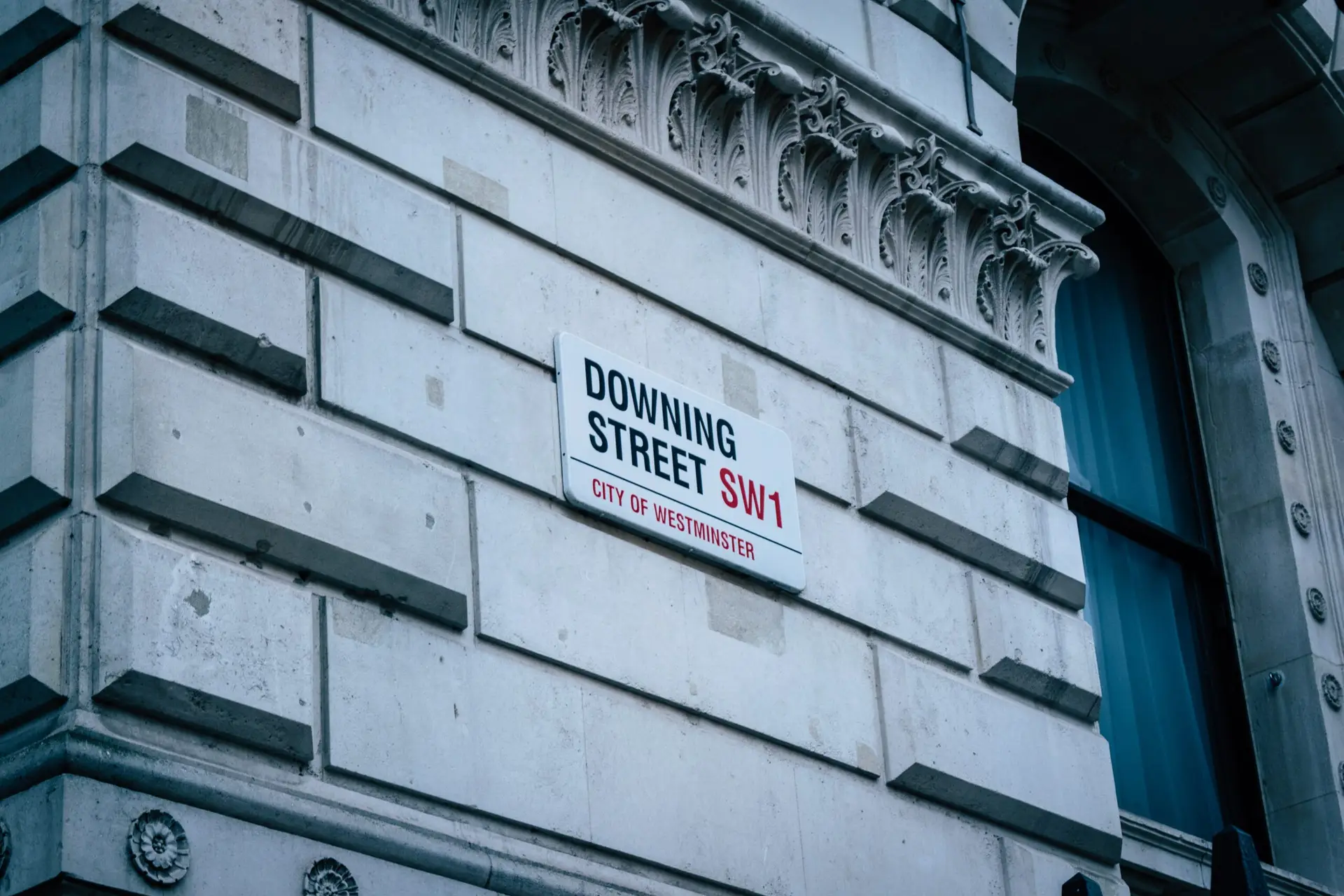Grants for innovation – watch out for the impact on Research & Development tax relief claims
When starting a new innovative project, it is tempting to apply for any grant that is available to you to help fund your project. However, if your project is likely to qualify for Research and Development (“R&D”) tax relief, in certain circumstances it may be more cost effective to not claim grant funding.
Grant funding impacts on how much R&D tax relief a company is able to claim. Generally, a grant funded project is only eligible for R&D tax relief under the Research and Development Expenditure Credit (RDEC) scheme rather than the more generous SME scheme. Broadly, every £10,000 of eligible R&D expenditure claimed under the RDEC scheme would equate to £1,053 of tax relief, compared to up to £3,335 of tax relief available under the SME scheme.
This is of particular relevance if a large proportion of your R&D eligible expenditure is incurred on subcontracted expenditure paid to another company. Subcontracted expenditure paid to another company would not qualify for R&D tax relief under the RDEC scheme, compared to 65% of the expenditure qualifying under the SME scheme.
Before applying for a grant to fund your company’s innovation it is worth looking at R&D tax relief to ensure that you are not limiting your claim and potentially missing out on valuable cash for your project.
Capital allowances super deduction – good news for commercial property landlords
When the new capital allowances super deduction was announced in this year’s Budget one business sector was effectively excluded from claiming this relief, namely commercial property landlords.
The good news is that an important amendment was made to The Finance Bill 2021 on 18 May 2021.
The amendment specifically included background plant and machinery in the list of assets that will qualify for the super deduction. Background plant and machinery are the embedded assets in the building that help it to function and includes lifts, heating and ventilation systems.
The amendment now means that the benefit of the capital allowances super deduction is potentially available to every type of commercial building where a lease is involved.
If you own a commercial property that is leased to tenants it is worth looking again at the capital allowances super deduction as you may now benefit from this tax relief.
Hybrid cars – is it time to reconsider paying a fuel benefit?
The benefit in kind calculation, in relation to fuel for private journeys taken in company cars by directors or employees, is based on the CO2 emissions of the car and a fixed amount set by the government each year. The fixed amount for 2021/22 of £24,600 has no direct link to the actual price of fuel and can result in very high benefit in kind charges.
As a result, historically companies may have decided not to provide private fuel as part of a benefits package due to the disproportionately high benefit in kind charge. However, with the rising popularity of hybrid cars is this still the case?
The CO2 percentage for hybrid cars is much lower than for petrol and diesel cars and is calculated based on the electric range of the vehicle. As a result there is a reduced benefit in kind charge if a director or employee’s company car is a hybrid compared to a petrol or diesel car.
If you are thinking about changing any of your company cars to a hybrid it is worth considering whether adding a private fuel benefit is now a tax efficient perk. This will depend on the amount of private miles driven using petrol or diesel compared to the number of private miles driven using electric only.
Please do not hesitate to contact any of the tax team if you would like to discuss this further.




